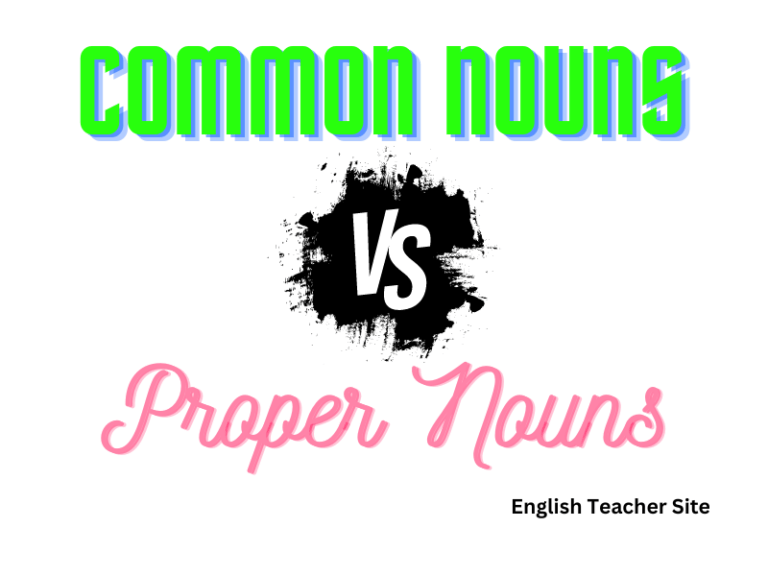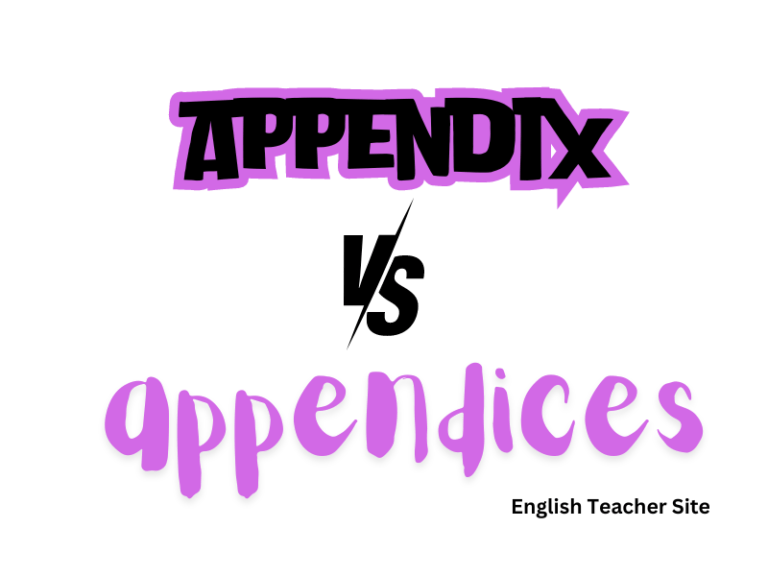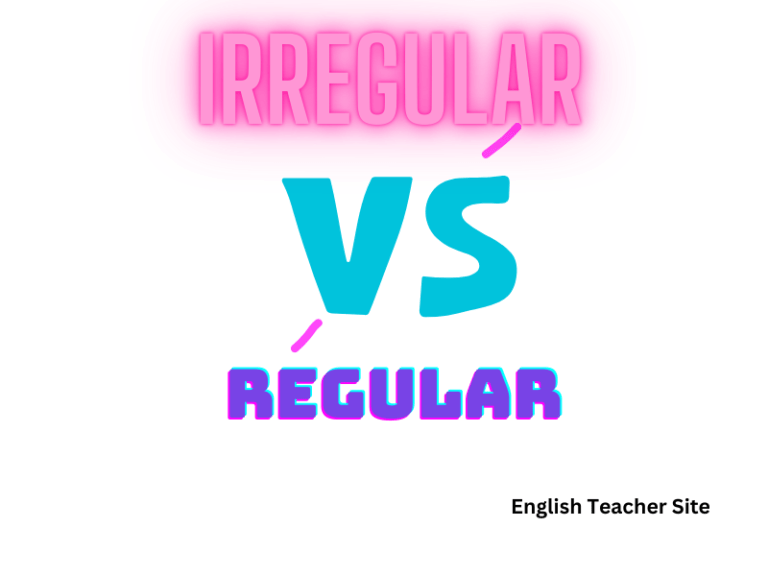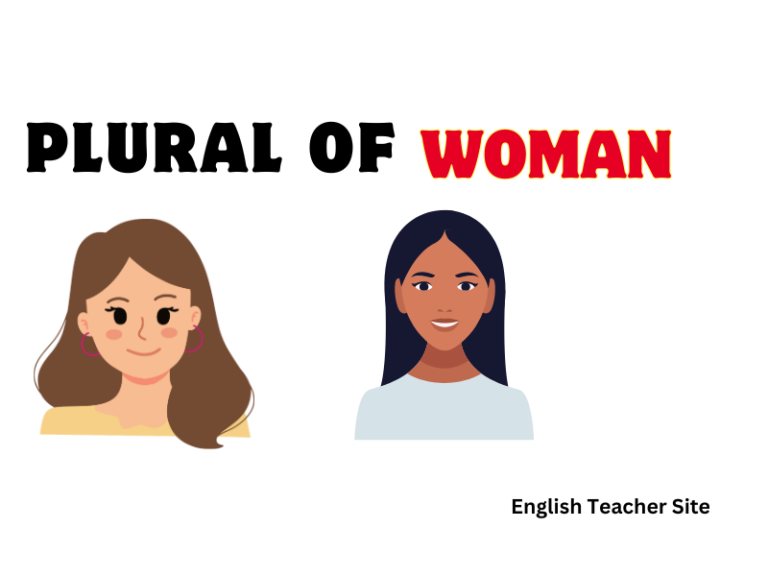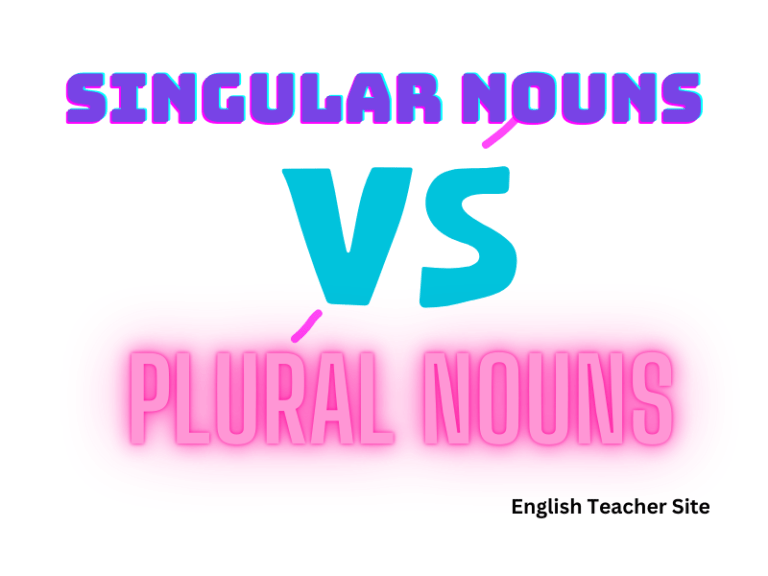What’s the Singular of Means: Understanding Singular and Plural Nouns
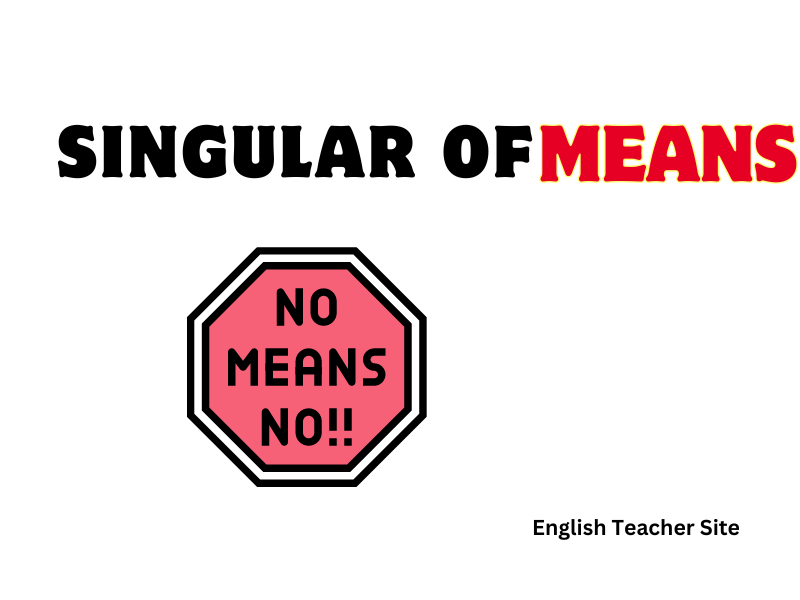
- “Means” can function as both singular and plural, with context determining its usage.
- The term is versatile, used across various subjects to describe methods or resources.
- Disambiguation of “means” in a sentence hinges on the adjacent language and intended meaning.
When discussing the peculiarities of the English language, a common question arises regarding the word “means.” Often used both in singular and plural contexts, this term can cause confusion due to its seeming lack of variation in form. The singular of “means” is identical to its plural; context dictates its number. It is a noun that can refer to a method or instrument used to achieve something. For instance, “education is a means to achieve success.” In this sentence, ‘means’ is used in the singular form to refer to one method among potentially many.
What’s the Plural of Means?
Means can refer to a method or instrumentality by which an action is accomplished. Whether in singular or plural form, means remains unchanged.
For instance, when means refers to a single method, it’s singular:
- The means of communication that is most effective is face-to-face interaction.
However, when referring to several methods, means is still written the same but considered plural:
- The means of communication available include email, phone calls, and letters.
Usage in Sentences:
Singular:
- The means to a solution is clear and direct.
Plural:
- Different means to achieve the same end can vary widely.
Forms of ‘Means’:
| Singular Form | Contextual Clue | Plural Form | Contextual Clue |
|---|---|---|---|
| means | is / was | means | are / were |
| means | by which | means | available include / are available |
As shown, the form doesn’t change—what changes is the verb or the contextual clue that accompanies means within the sentence structure.
Examples:
- Singular: The preferred means of transportation in the city is the subway.
- Plural: The means of transport available to commuters are buses, trains, and bikes.
Understanding the Meaning of the Word “Means”
“Means” is a term used to express a method, tool, or action utilized to achieve an objective. The word has its roots in the Middle English word “mēnes,” which relates to having resources or an avenue to accomplish something. Determining whether “means” is singular or plural can be tricky, as it can serve as both depending on the context.
In considering its grammatical use:
- Singular: “Means” may appear singular when referring to a particular method or resource. An instance would be, “The smartphone is a means of communication.”
- Plural: It can be used in plural form to discuss various methods or resources. For example, “Various means of transportation are available in the city.”
Categories of Contextual Usage
| Singular “means” | Plural “means” |
|---|---|
| Refers to a single method or instrument. | Refers to multiple methods, instruments, or procedures. |
| Example: “His means to success was sheer hard work.” | Example: “The means to resolving conflicts can vary widely.” |
Fields of Application
- Economics: Often appears plural to indicate resources or income, as in “His means are sufficient for his lifestyle.”
- Technology: Can refer to an individual tool or innovation, singularly conveying “A means to an end.”
Importance of Context
- Phrases like by all means use it singularly, focusing on the degree to which one is permitted or assures something.
Practical Examples of Using “Means” in Sentences
Single Method or Way
| Sentence | Explanation |
|---|---|
| She found a unique means of solving puzzles. | Singular usage, refers to one method. |
| Education is a powerful means to success. | Singular usage, indicates one way to achieve success. |
In sentences where “means” refers to a singular method, it doesn’t change form.
Multiple Methods or Resources
- “There are several means of transportation available in the city.”
- Plural usage, refers to various methods of transportation.
- “His financial means allowed for a comfortable lifestyle.”
- Plural usage, referring to economic resources.
For conveying multiple methods or resources, “means” remains unchanged, showcasing its nature as a non-count noun.
When constructing a sentence, “means” often appears alongside a preposition like “by” or “of” to indicate the process involved in achieving something.
Bold Examples
- The artist expresses himself through various creative means.
- They implemented effective teaching means to improve literacy rates.
Unveiling the Origin of the Word “Means”
The word means has a rich linguistic heritage that traces back centuries. The singular form of “means” is simply “mean,” which originates from the Old English mænan, relating to the concept of intending or signifying something. The transition of this word through historical contexts has given it a place in modern usage that is both singular and plural in function, based on context.
| Century | Development |
|---|---|
| Before 12th century | Originated from Old English mænan |
| 14th century | Recorded use as means in the plural form |
Means as a noun came into regular usage in the English language around the 14th century and was commonly used in various phrases that conveyed the resources or methods available to accomplish goals. This noun can function as both singular and plural, depending on the referent.
- Example of singular usage: A means to an end.
- Example of plural usage: Various means of communication.
Sources
My name is Khamis Maiouf. I am the creator of the English Teacher Site, dedicated to providing valuable resources and insights for students around the world. With a passion for education and a commitment to helping students enhance their skills, I aim to make English teaching more effective and enjoyable for both educators and students.

